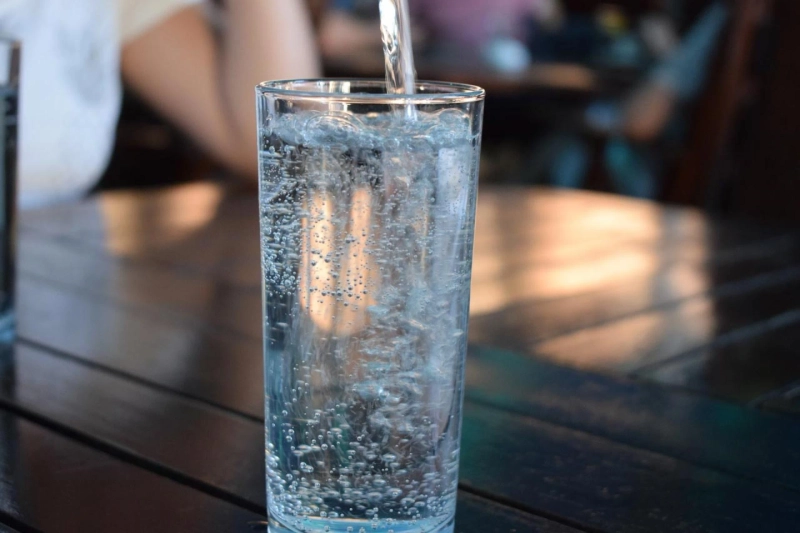Now that you know what water hardness is, you might be feeling a bit confused about where to find it in your own hometown.
Where does my city fall on this scale? How does this impact my household’s water usage and cost? Is there any way to test my water’s hardness myself?
Keep reading this article to get a quick guide to the water hardness in your city, how it impacts your water usage, and how you can adjust your routine to reduce costs and environmental impact.
What is Water Hardness?
Water hardness is a measurement that is used to indicate the concentration of minerals in the water. The scale measures the concentration of minerals such as calcium carbonate (CaCO3) or calcium sulfate (CaSO4).
There are cities in the US where the tap water is very hard, and there are those where it’s pretty soft. But no matter where you live, your water is likely pretty soft by comparison. That’s because the majority of water sources are very soft. Specifically, water hardness is measured on a scale of 1-100, with 100 being the hardest water.
The scale is determined by how many grams of solid matter is dissolved per liter of water. A water source with a hardness of 10 would dissolve 10 grams of calcium carbonate per liter of water.
Image Source: Pixabay
Where does your city rank on the hardness scale?
To get a general idea of where your city lands on the hardness scale, check out the list below. This list is based on the average water hardness in the US. Some cities may be harder or softer than these averages, so it’s best to do some research to find out what water quality is like in your own local tap water. Water Hardness in the USA: A Quick Guide to Water Hardness by Zip Code Keep in mind that even though the water hardness may be a given in your city, the sources of that water may vary.
If you’re interested in reducing your water usage and cutting costs, take a close look at your water usage to see where you can save.
How does water hardness impact your water bill and usage?
The hardness of the water in your city may influence your water bill in a few different ways.
First, the scale of hardness in your city could affect the scale of water usage you see on your bill. A lower scale of hardness means less water use, while a higher scale of hardness means more water use.
If you want to see exactly how your water usage measures up, and what impact water hardness may have, you can request a water report and analysis from your city water supplier.
Is there any way to test the hardness of your water for free?
You can test your water’s hardness for free and get a better idea of how it may affect your water bill and usage. You can do this using a home water softener, which will help to reduce the scale of hardness in your soft water.
Soft water is less corrosive and can be used in washers, dishwashers, and other appliances that require low-scale water. Using a water softener every six months to a year is recommended to maintain optimal water quality.
Conclusion
If you’re looking to reduce your monthly water costs, you might want to take a closer look at your water’s hardness and adjust your routine to save water. If you live in a city with a lower scale of hardness, you’ll need to adjust your water usage a bit to reduce costs.
Be sure to check your water usage by calling your local water supplier to see where you can save. If you’re looking for more information about water hardness and how it affects your water bill and usage, be sure to check out these resources. You can also get in touch with us if you have any questions about water hardness in your city. We’d love to hear from you!


